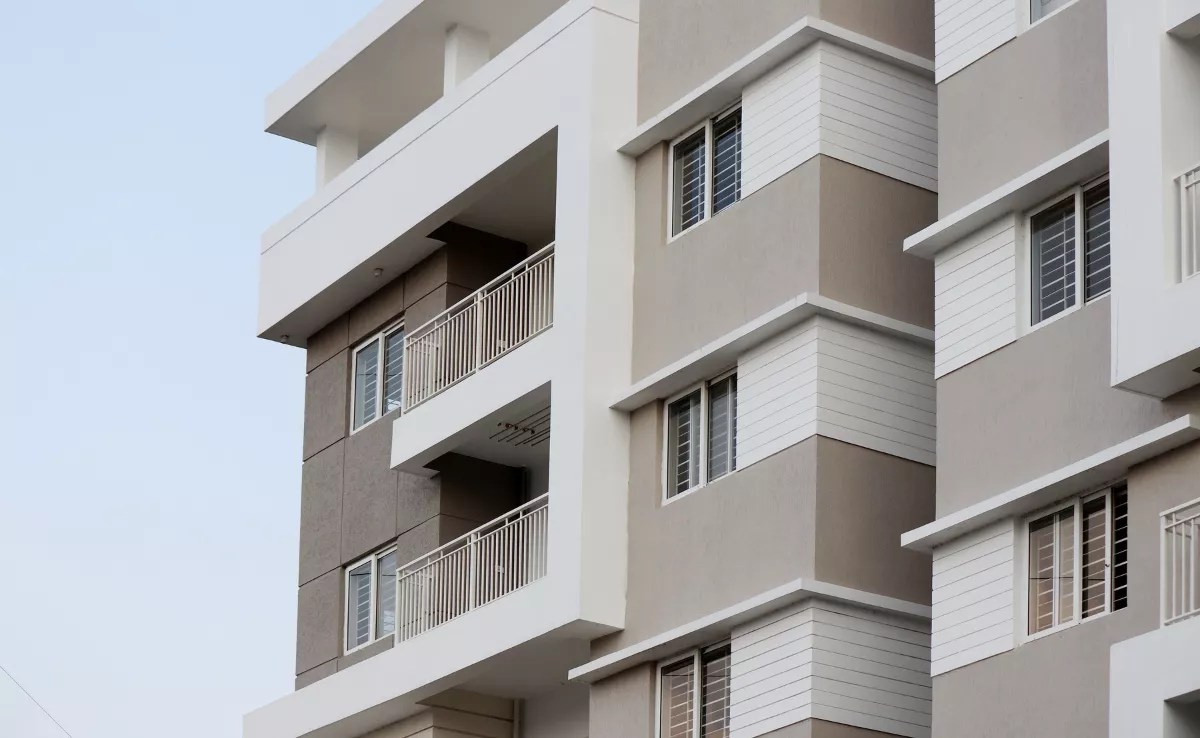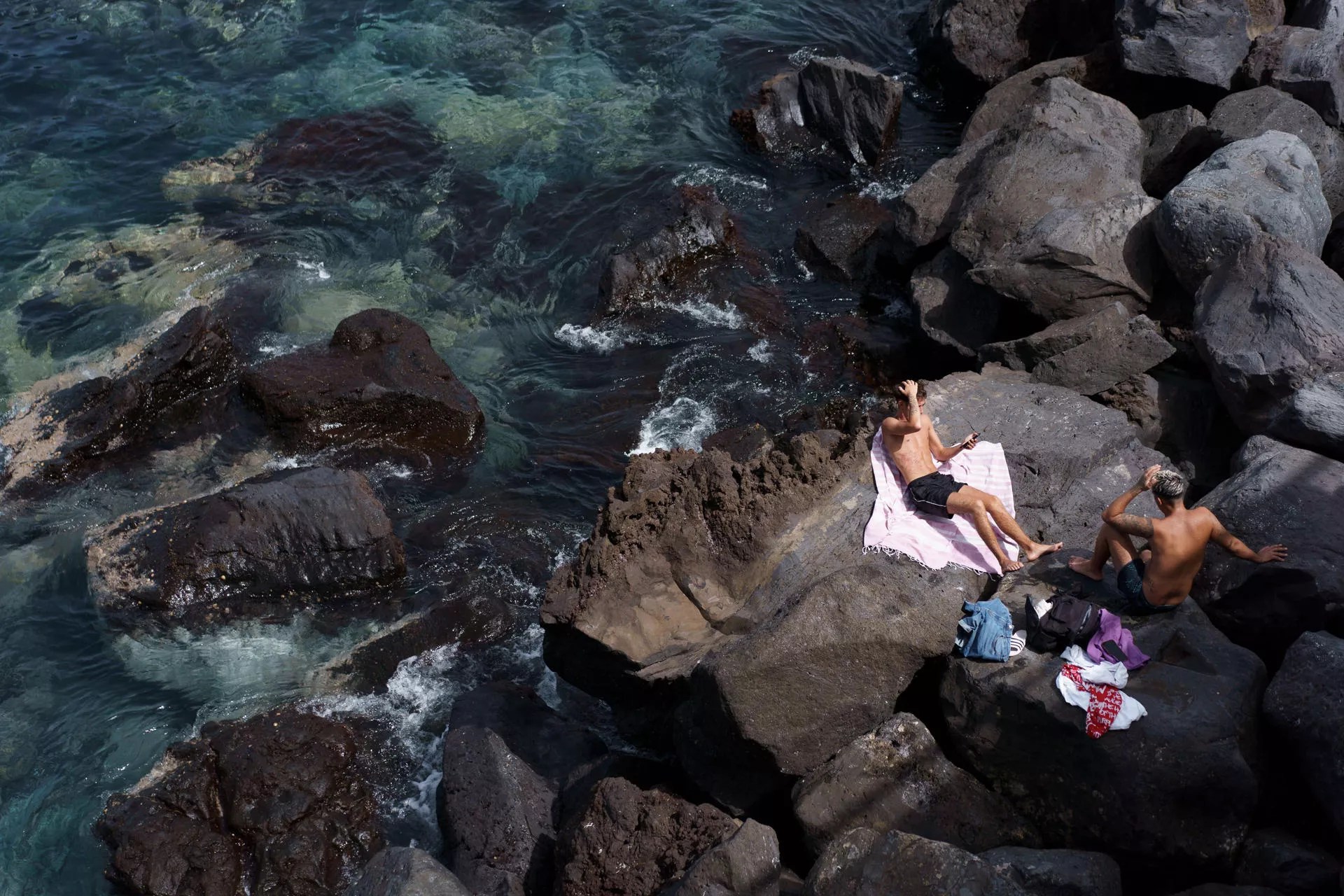
The Santa Cruz City Council has requested permission from the General Directorate of Coasts for the occupation of the maritime-terrestrial public domain in the Las Teresitas beach to renew the concession of seasonal services (hammocks and kiosks), which will come to an end in 2022. For this, it has sent Costas both the technical report of the planned facilities and the economic and financial viability of the same. In these documents, the proposal continues to be for 8 kiosks that will include the hammock service.
The establishments will be of similar characteristics to the current ones, although some of the requests made by the current concessionaires are incorporated, such as, for example, the use of solar panels to supply themselves or to be able to have a space outside the kiosk for storage. It is also included that kiosks will only be able to play background music, incorporating a noise limiter to prevent the authorized 63 decibels from being exceeded. In addition, permission is requested to add space so that the kiosks have at least two toilets.
“The kiosk will have a closed facility for the bar area and handling area with an area of 20 square meters, as well as a terrace whose maximum area will be 50 square meters where tables and chairs will be placed (10 tables and 40 chairs ). In addition, the rear area of the structure will be used for the implementation of toilets and storage ”, reads in the technical report.
The colors and finishes will be those proposed by the City Council in the specifications that will govern the public tender for the award of operating licenses for seasonal services. The current authorization is maintained, which is to sell beverages, fruit, ice cream and packaged products, limiting meals to those made with iron, and it is also possible to install a coffee maker and microwave oven.
Regarding sanitation, it is established that the kiosks will have ecological toilets (two units), the wastewater will be only from the sink. That is why it will be necessary to install a septic tank with a maximum capacity of 3,000 liters.
Each module will have an isolated photovoltaic generation installation supported by a generator set that allows uninterrupted use during long working hours. Both facilities will be located at the back of each of the kiosks.
















